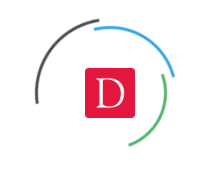June edition:
(https://www.sans.org/security-awareness-training/resources/creating-cyber-secure-home)
OUCH! is the world’s leading, free security awareness newsletter designed for the common computer user. Published every month and in multiple languages, each edition is carefully researched and developed by the SANS Securing The Human team, SANS instructor subject matter experts and team members of the community. Each issue focuses on and explains a specific topic and actionable steps people can take to protect themselves, their family and their organization.


